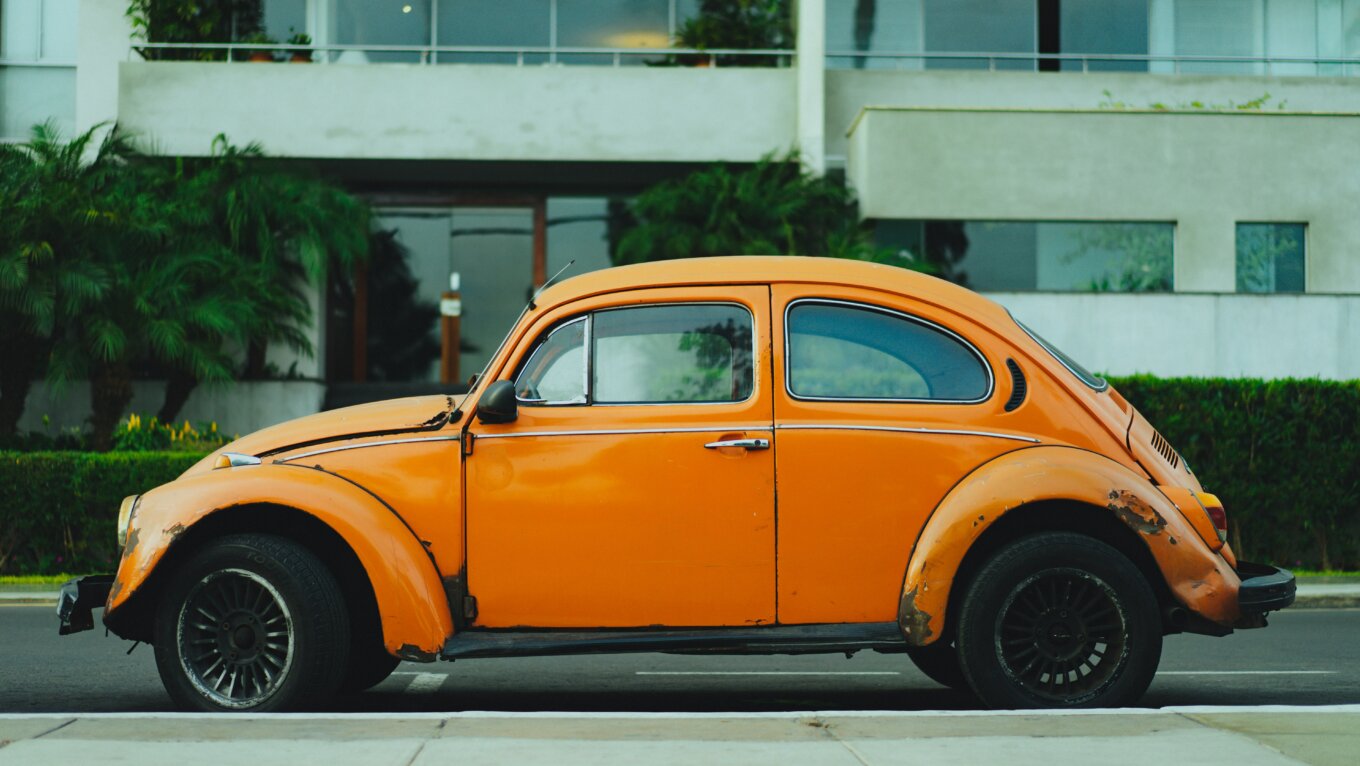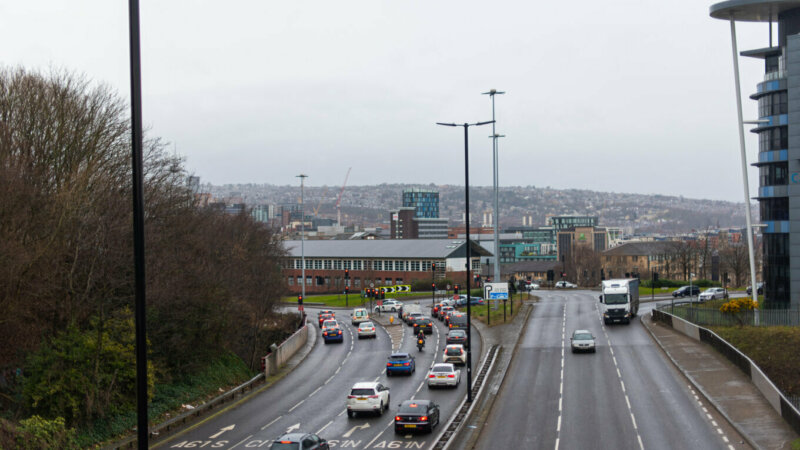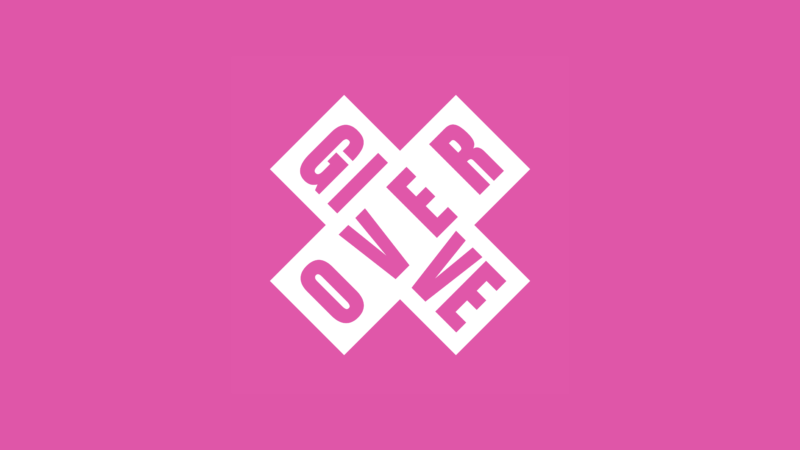Technology: What is it good for?

"If you think technology is the answer to your problem, you don't understand technology, and you probably haven't understood the problem." (Laurie Anderson, talking about her virtual reality installation 'To The Moon'.)
Writing remains the most powerful technology ever invented. It is the basis for storing all the knowledge gained by an individual and making it available to every future individual. Whenever I have a problem to solve, I usually start by writing it down.
Every time we devise a solution that can be written down and replicated by someone else, we are making a form of technology. If an established technology works, we use it. Faced with a problem for which we have no established technology, humanity flails, fumbles, and invents. Technology is not necessarily 'hi-tech'. The pros and cons of encouraging or discouraging migrant labour are political and ethical ones, but if you think of it as a technology, it's established, effective and requires substantial innovation to replace. Any replacement is likely to be more hi-tech. On the other hand, for decades we have tried to manage river flooding through heavy engineering, but are now realising that a smarter solution may actually be lo-tech - putting a bail of straw in a small upland stream can slow the flow, make the soil around more absorbent and reduce run-off into the town downstream.
All technologies create winners and losers
2020 is shaping up to be one of those moments in history where the world gets suddenly smaller. Confined to our homes, grappling with homeworking, home-schooling and the ill-named 'social distancing', we have fallen ravenously upon video meeting technology. Result? My friend in New Zealand is no more remote than my friend in Crosspool. We can't shake hands or hug, and we might quickly learn a physical avoidance etiquette that proves hard to unlearn. Yet we have rapidly equalized all social distances at the half-metre between face and laptop screen. Who knows where that will lead?
All technologies create winners and losers. Aeroplanes harm the atmosphere, and may deepen social inequalities by giving wealthier people disproportionate access to the world. On the other hand, they are a monumental technological achievement, enabling us to get half-way around the globe within a day's travel in almost total safety, statistically speaking. We've achieved this through a tightly controlled, cautious system in which human judgement, precision engineering and powerful computers understand and trust each other.
Cars, meanwhile, are spectacularly lethal - hurled around the place after minimal training by the frustrated, the tired and the drugged. Because I drive, it is pure luck that I have not yet killed myself or someone else. Instead of questioning the basic technology - individual motorised transport - we stack more and more extra technologies on top of it to try and make it less harmful: speed cameras to punish bad behaviour, airbags to cushion a crash, autonomous vehicles to reduce human error. Children are shielded from crossing the street or walking to school. Cyclists wear cameras to record the regular aggression and stupidity committed against them. There is no mutual trust we survive on the roads by assuming everyone else is a dangerous idiot.
Trust, then, is the key. A technology - be it an aeroplane or a migrant worker - can flourish in a system where there is trust. I trust one to carry me safely, and the other to have a work ethic that puts mine to shame. But where there is distrust - on the roads or at a border control point - technology can only mitigate, or move the problem somewhere else.
With the pandemic, we're at the flailing, fumbling and inventing stage, and a high failure rate is to be expected. We can be sure that there will be unexpected outcomes, and that's the way to new learning - new technology. We have to trust the failures just as much as the successes.
Andrew Wood









